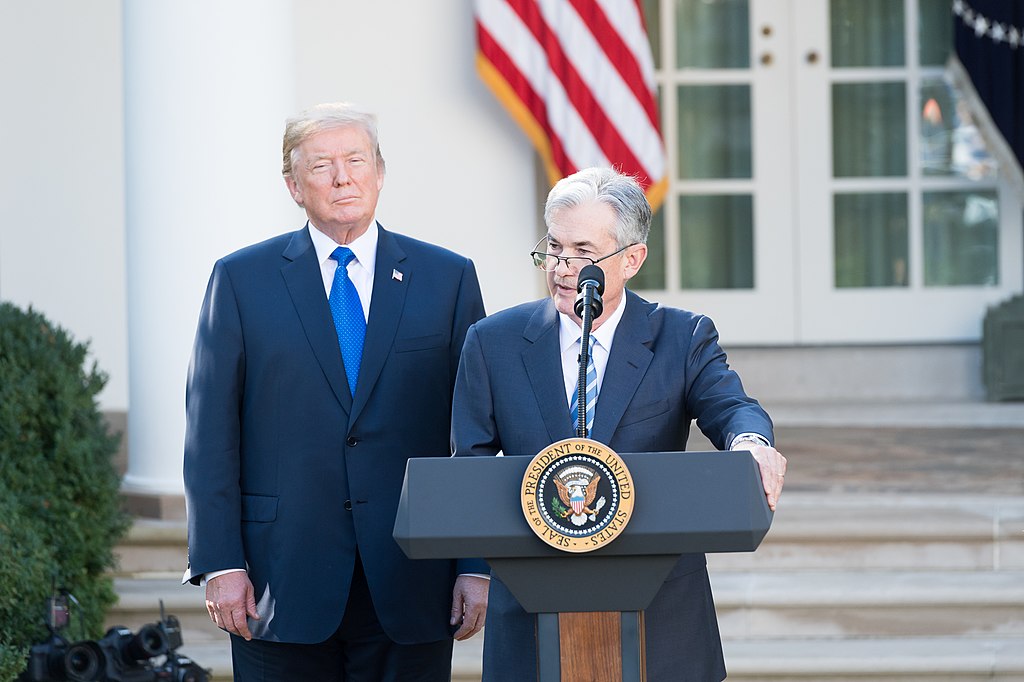The week kicked off with a sharp drop in the U.S. dollar, which hit a three-year low, and losses across Wall Street. Yet, Bitcoin (BTC) is defying the trend, climbing 2.3% in the past 24 hours to trade around $86,800. This divergence comes as fears grow over political interference in monetary policy.
Reports that President Donald Trump may attempt to fire Federal Reserve Chairman Jerome Powell have rattled markets. Trump’s long-standing feud with Powell has intensified, with the former president now openly criticizing the Fed’s cautious stance on interest rates. Powell has recently warned of stagflation risks, while Trump is pushing for immediate rate cuts, dismissing inflation concerns.
This tension is drawing comparisons to Turkey, where President Erdogan’s meddling with the central bank led to the collapse of the Turkish lira. Since Erdogan began replacing central bankers in 2019, the lira has depreciated from 5.3 to 38 per dollar. The Turkish experience shows how undermining central bank independence can spark inflation, currency devaluation, and capital flight—trends that pushed many Turks to seek refuge in BTC and stablecoins.
While the U.S. dollar is unlikely to crash like the lira, it could face significant devaluation if monetary independence is compromised. Given the dollar's role as the world’s reserve currency and the backbone of global finance, any such move would have far-reaching consequences.
As investor confidence wavers, BTC and stablecoins may increasingly be seen as safe-haven alternatives. The potential shift from traditional assets to crypto could accelerate if political pressure continues to mount on the Fed. The lessons from Turkey underscore what’s at stake—both for the U.S. economy and for global markets.




























Comment 0